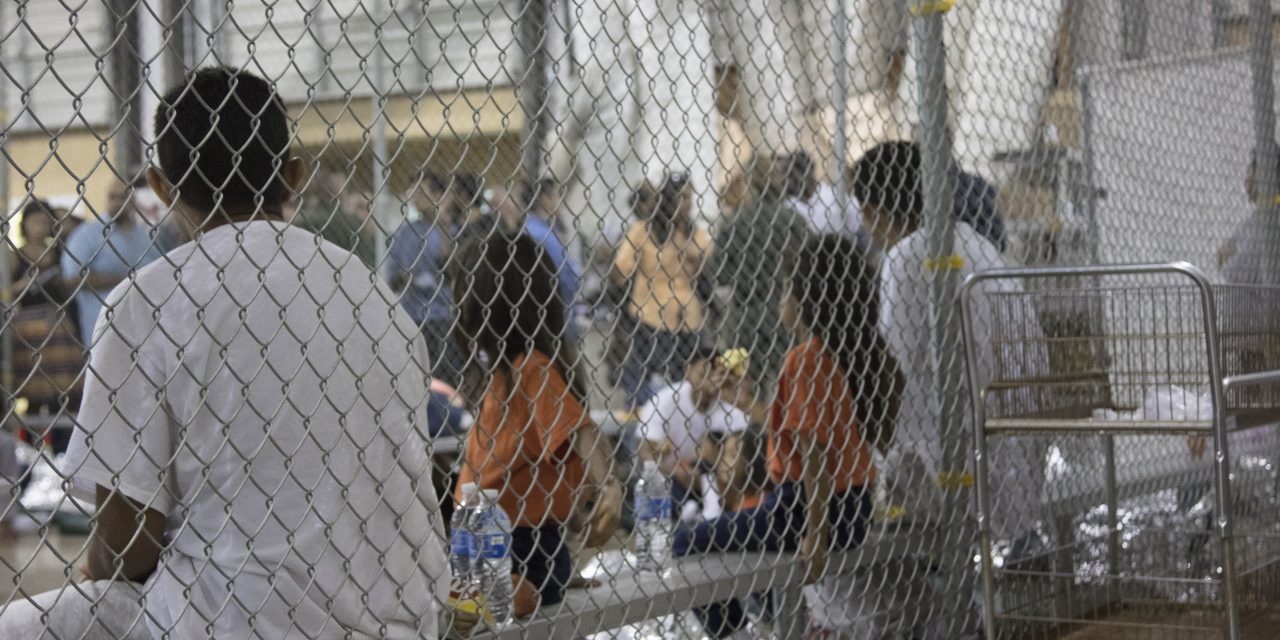The Trump administration is proposing new regulations to indefinitely detain immigrant children at the border and keep them in unsafe conditions, creating a false choice between separating families or detaining children indefinitely. This misguided effort would continue the administration’s pattern of inflicting needless suffering on asylum-seeking children.
The Flores Settlement Agreement (“Flores”) is a decades-old agreement setting forth standards for the detention, release, and treatment of immigrant children. Its purpose is to minimize the unnecessary and harmful practice of detaining children and requires—when release is not possible—that children be kept in the least restrictive setting licensed by a child welfare agency. The agreement, as modified in 2001, permits the federal government to publish regulations to implement and replace the agreement (which they have never done until now). However, any changes must retain and reflect the terms and spirit of the original Flores agreement.
Due to be published in the Federal Register on September 7, 2018, the proposed regulation provides an opportunity for the public to submit comments for 60 days, with a final deadline of November 6.
At over 200 pages, the proposed regulation makes a number of technical changes to Flores and the rules that govern how migrant children are kept in federal custody. Among the most significant changes are new provisions to detain children with their parents for the entire duration of their immigration court proceedings and significantly restrict the authority to release families from government custody. The regulations would also shift licensing of family detention facilities to the federal government, rather than state child welfare entities.
The government’s justification for these changes, however, is fundamentally flawed.
First, the proposal suggests that migrant parents are incentivized to bring their children to the United States if they are not detained for longer periods of time. Not only have federal courts ruled the detention of noncitizens for the purpose of deterring others from coming as unconstitutional, but the rationale entirely overlooks the life-threatening violence that often drives these asylum-seeking families to flee to the United States in the first place. Children are often the specific targets of this violence, particularly in the Northern Triangle of Central America where gangs aggressively recruit children into their ranks or force them to be gang girlfriends.
Holding children with parents for the duration of the immigration proceedings will also dramatically increase their time in detention. The federal judge overseeing compliance with Flores has generally permitted the Department of Homeland Security (DHS) to detain most families for up to 20 days, with deportation proceedings continuing once they are released. But many of these cases can take an average of five to six months to complete, even before appeals are filed. This regulation could trigger the detention of children for many months, if not years.
Shifting the licensing and oversight of facilities that hold children to DHS is profoundly problematic, given the lack of expertise the department has in child welfare and its poor track record on oversight of adult facilities. For example, the DHS Inspector General has called out Immigration and Customs Enforcement (ICE) for its poor oversight, and conditions in short-term custody have been the subject of extensive litigation.
Next, DHS and the Department of Health and Human Services, who jointly published the regulation, will have to review submitted comments and prepare responses to be incorporated into the eventual publication of a final regulation. No changes take effect until the final rule is published.
Rather than offering prolonged detention as the solution to family separation, the administration should instead be prioritizing well-established alternatives to detention, which are less costly, more humane, and extremely effective at getting families to appear in immigration court. DHS believes strongly in the use of alternatives and already uses them in place of detention for over 84,000 adults at any given time.
Locking up children and treating them more harshly simply because they are with a parent is not only illogical but a cruel sequel to the saga of family separation.
FILED UNDER: Children, Department of Homeland Security, family separation, featured, Flores v. Reno


